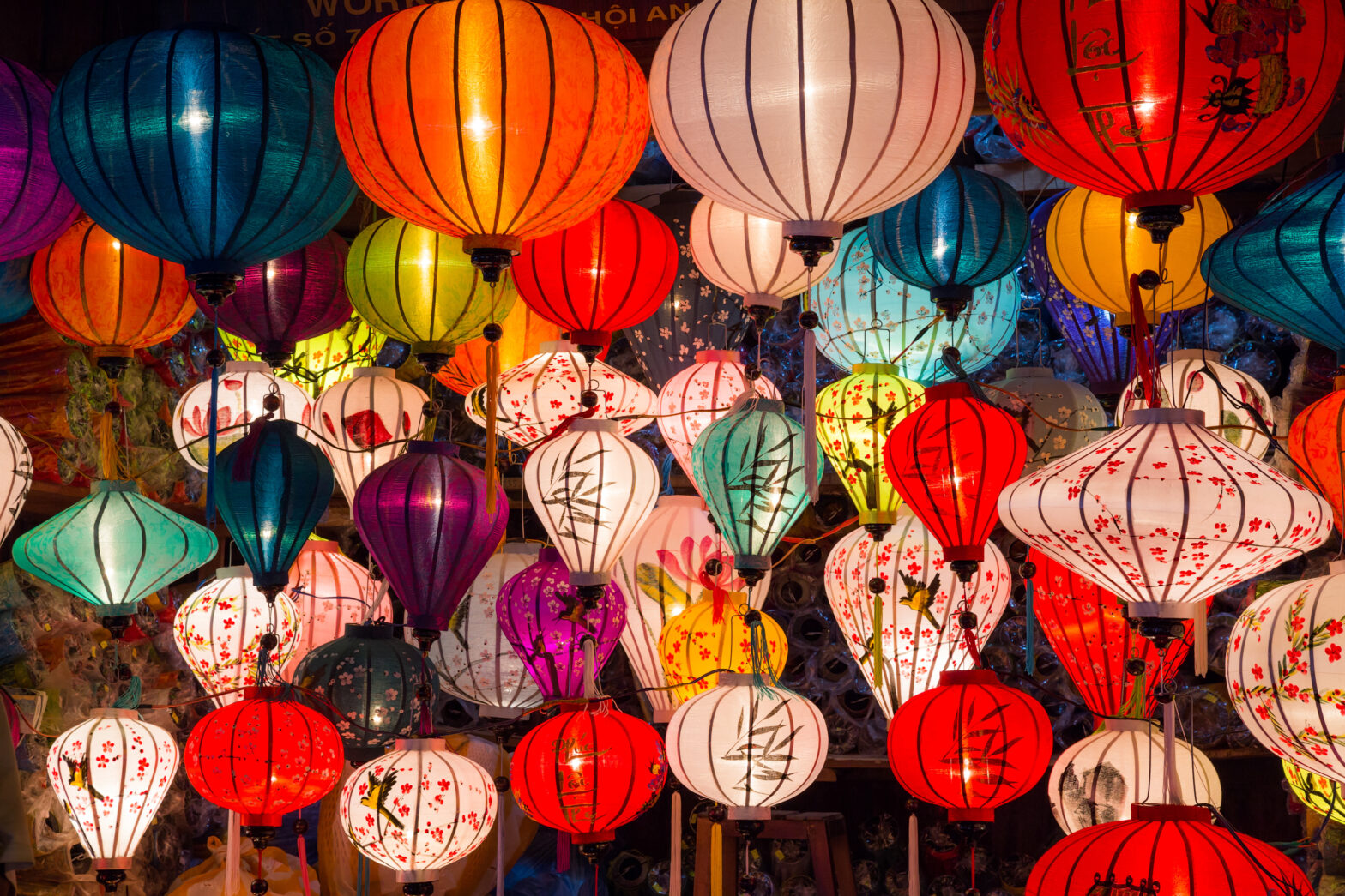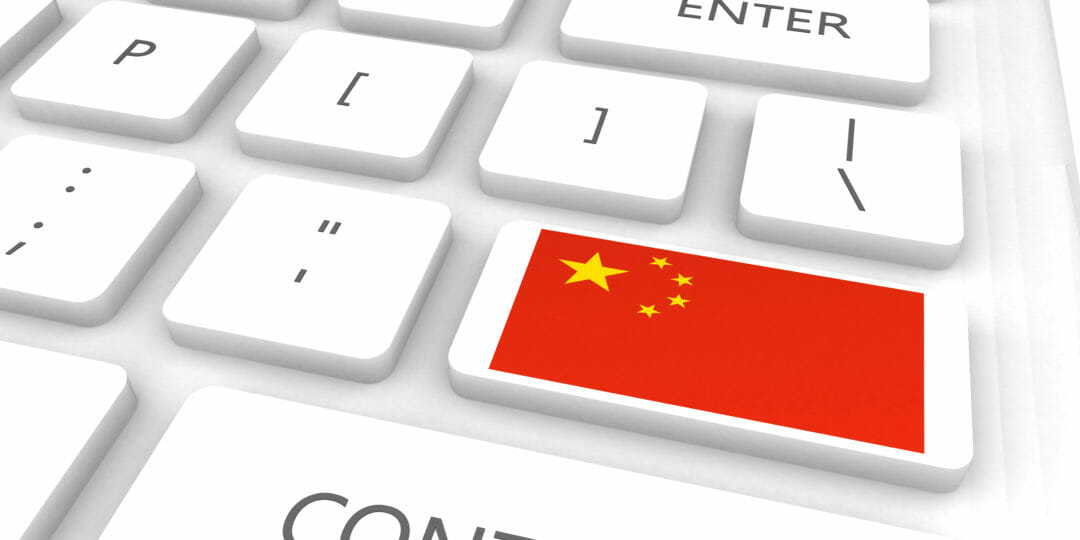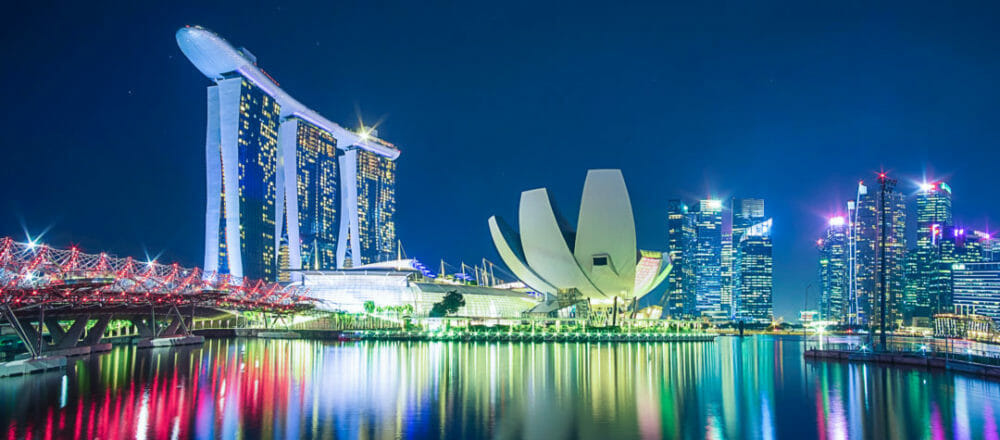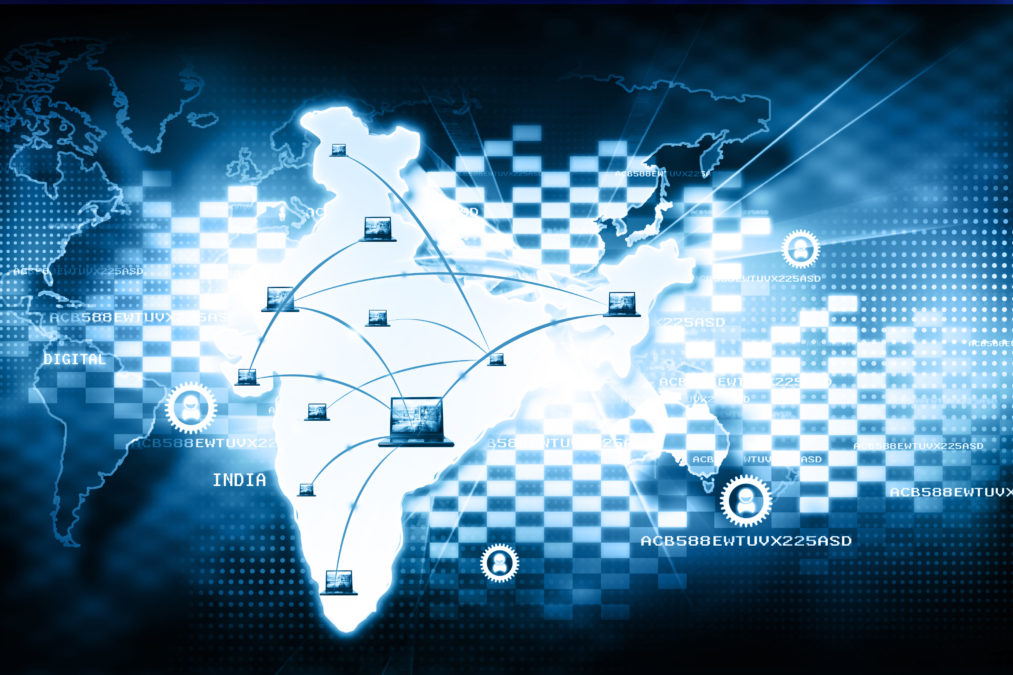Over the weekend, Apple removed 60 VPN apps from its App Store in China. This is follows a mandate earlier this year that all developers must obtain government licenses to offer VPNs in the country.
The creators of multiple virtual private networks (VPNs) have criticised this decision, and one provider of the technology – Golden Frog – has said it will appeal the decision. “If Apple views accessibility as a human right, we would hope Apple will likewise recognize internet access as a human right (the UN has even ruled it as such) and would choose human rights over profits,” said Golden Frog’s president Sunday Yokubaitis in a blog post. ExpressVPN also denounced the decision and said it was “dismayed” that the tech giant had “sided with censorship.”
But Apple countered and said it was legally required to remove them, because they did not comply with current regulations. Although an exact figure has not been confirmed by the technology giant, it is believed around 60 VPN apps have been taken out. Dozens of ‘compliant’ VPN apps are still available.
>See also: WeChat: China’s app that will shape the mobile’s future
A VPN is typically used as a way to add security and privacy to private and public networks, and they are most often used by corporations to protect sensitive data. However, normal citizens can use VPNs to access UK internet in another country, such as China, which has a history of blocking sites like the BBC on their national network.
Indeed, China has a long history of censoring politically sensitive content, such as the Hong Kong riots in 2014. Those agencies that covered this were blocked. In its most recent rankings, the advocacy group Freedom House called China “the year’s worst abuser of internet freedom.”
In response to this, Top10VPN.com has expressed their concern for what this means in terms of human rights in the country, as well as how they see the VPN industry responding to the decision.
Simon Migliano, head of research at Top10VPN.com comments on the news below.
Blow to human rights
“While Apple may feel it had no choice but to remove VPN apps from its store, it’s still incredibly disappointing as this is a significant blow to human rights in China.”
>See also: Things to bear in mind when choosing a VPN
“Political activists rely on VPN services to not only access the global web, but also to avoid government surveillance of their communications. This restriction of access to VPNs is likely to have a chilling effect on activism given just how severe the consequences for dissidence are in China.”
“That’s not even mentioning the human right for ordinary individuals to have unrestricted access to information and the ability to communicate, easily and privately, with friends and family around the world.”
Android now the preference over Apple
“Expect to see VPN users dump iPhone for Android devices, which are already very popular in China due to their affordability and proliferation of local handset manufacturers. Crucially though, the decentralised and fragmented nature of Android app stores means that Google can’t simply remove VPN apps like Apple has done. It is likely now that Android will now become the de-facto mobile platform of choice for anyone looking to leap over the Great Firewall of China.”
>See also: How a VPN service helps increase overall security
“iPhone users reluctant to ditch their status symbol handsets may opt to jailbreak their phones to install non-Apple approved VPNs. An unfortunate consequence of this however, will be that these phones will be much more vulnerable to cyber attacks.”
The UK’s largest conference for tech leadership, Tech Leaders Summit, returns on 14 September with 40+ top execs signed up to speak about the challenges and opportunities surrounding the most disruptive innovations facing the enterprise today. Secure your place at this prestigious summit by registering here







